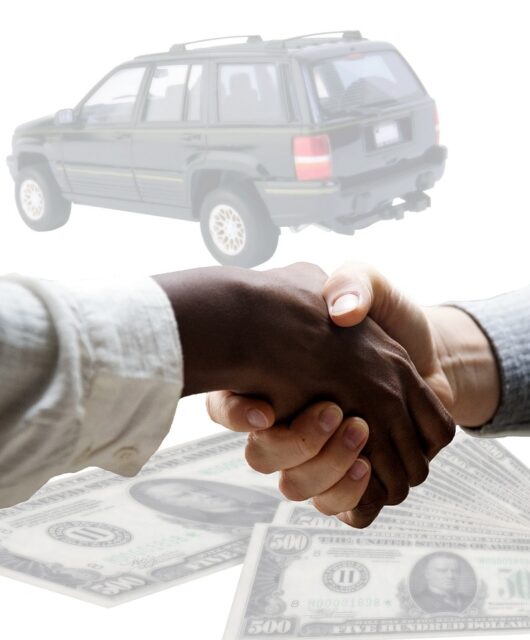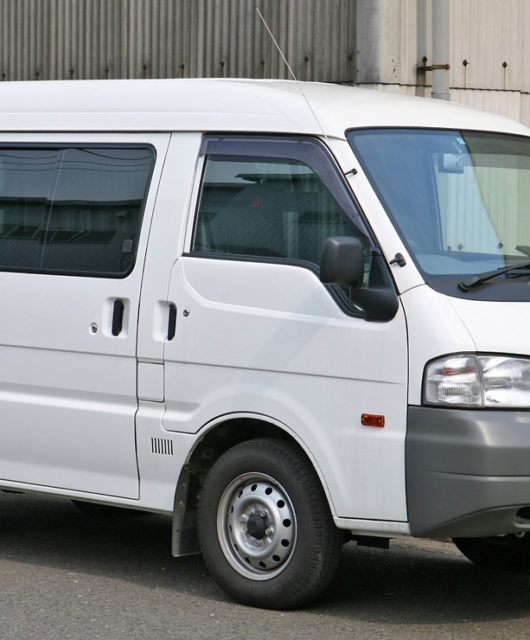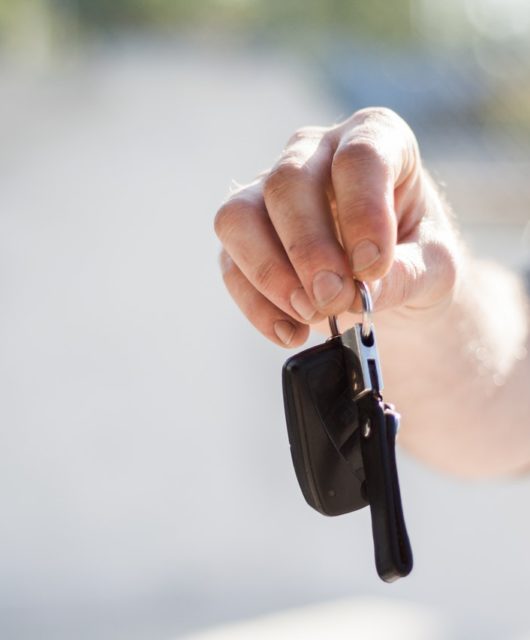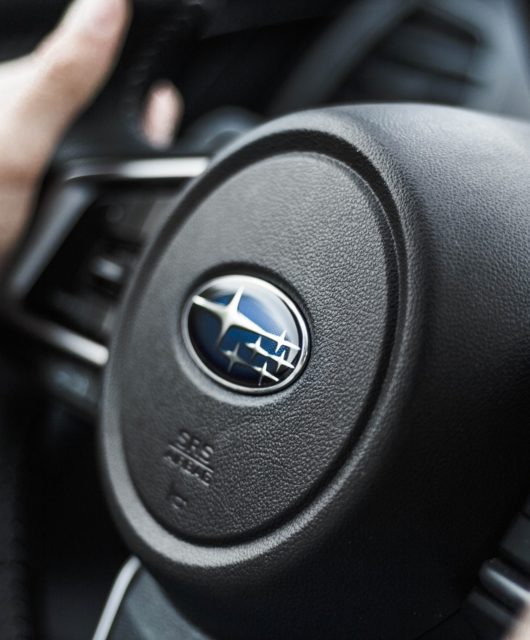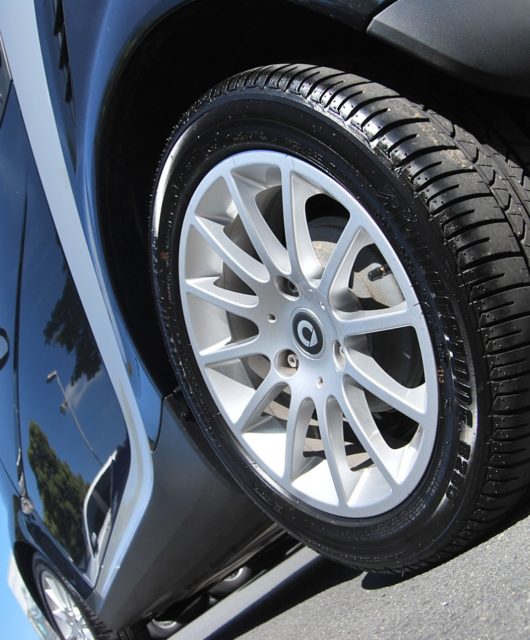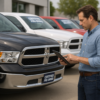What Should You Do After a Hit and Run?
Hit and run accidents can be a traumatic experience for victims—and oftentimes, one that goes unpunished. Every year, there are between 1,000 and 1,500 fatal hit-and-run accidents, so if you find yourself a surviving victim of one, you can count yourself lucky.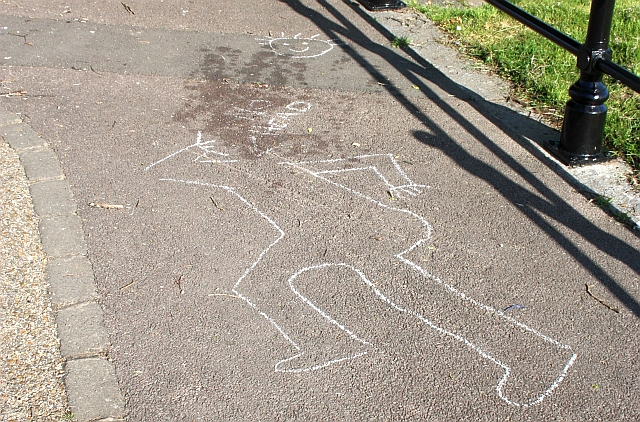
Still, if you want to maximize your chances of getting compensation for your injuries (and the damage to your vehicle), there are a few important steps you’ll need to take.
Immediately After the Accident
As soon as the accident happens, you’ll need to take the following steps:
- Look for a license plate (or other info). In a hit and run accident, the only way to increase your chances of finding and holding the driver accountable is to get as much information as possible. As soon as the accident happens, look for the license plate number and try to memorize it. If you can’t see the license plate, attempt to get the make, model, and color of the vehicle, and a visual description of the person driving. Any details you can gather from the scene of the accident could help police officers find the driver.
- Pull over safely. Though a hit and run accident can be unnerving, it’s important to remain calm and get out of the way as quickly as possible, to prevent further accidents from occurring. If your vehicle is in working order, pull it to the side of the road. If you can’t move your vehicle, turn on your hazard lights to alert other drivers.
- Call the police. Call the police as soon as you’ve improved your immediate safety. They’ll send someone to file a report for the accident as soon as possible, and clear the roadway of any debris that might cause further collisions. Having a police report on file is going to be vital if you want to track down the responsible party and/or guarantee your insurance claim is accepted.
- Get emergency treatment (if necessary). If you or anyone else involved in the accident needs emergency medical treatment, don’t delay; call an ambulance immediately. If you know first aid and feel confident in applying it, you may attempt it on your own while you wait for the ambulance. Give any other drivers and passengers involved in the accident a courtesy check to make sure they’re okay.
- Look for witnesses. In all the confusion, it’s unlikely you’ll be able to get a reliable license plate number or a description of the offending driver. However, there may be someone nearby who had a better view on the scene, or if you’re lucky, photos and video of what happened. Talk to any other motorists who stopped after the accident, as well as any pedestrians who were in the area at the time. Get contact information from anyone who can provide new information, or a backup of the information you were able to gather on your own.
- Contact a lawyer. At this point, it’s a good idea to call a lawyer who specializes in auto accidents. They may be able to help you gather and analyze evidence from the scene of the crime, work with police on finding the suspect, and ultimately making sure you get the compensation you deserve from the accident.
- File a police report. A police report may or may not be legally required in your area, but it’s still a good idea to file one—and include as many details as possible when you do. The longer you wait to file, the hazier your memory is going to be. When police officers arrive, work with them to record as many details as you can remember, even if they seem inconsequential at the time. You never know when a strange noise or unexpected sight could help track down the driver.
- Contact your insurance company. Once you’ve filed paperwork with the police, your next step should be reaching out to your insurance company. As long as you’re insured for other uninsured motorists, you should be protected in the case of a hit and run accident. If you can’t find the other driver, this is your best option.
Soon After the Accident
Once the scene is cleared, the police report is filed, and your lawyer has been contacted, you can start recovering from the accident. Get repairs for your vehicle, get treatment for your non-emergency injuries, and complete the paperwork for your insurance company. After a few days, follow up with the police to get any new details you can, and keep in contact with your lawyer and insurance company. If you’re lucky, they may be able to find who was responsible, and you can get the compensation you’re owed.
